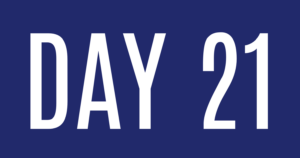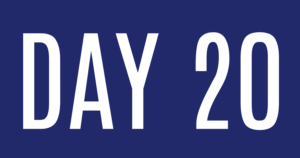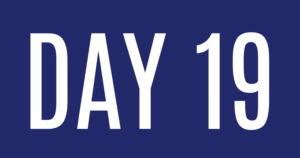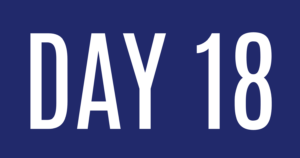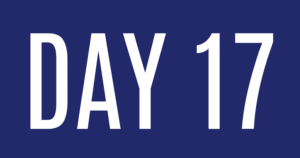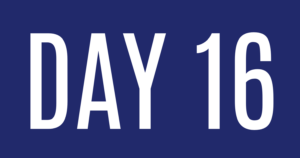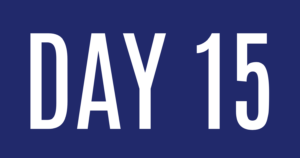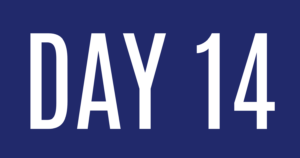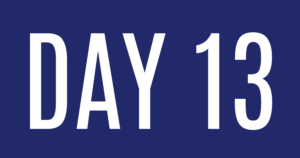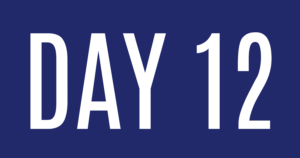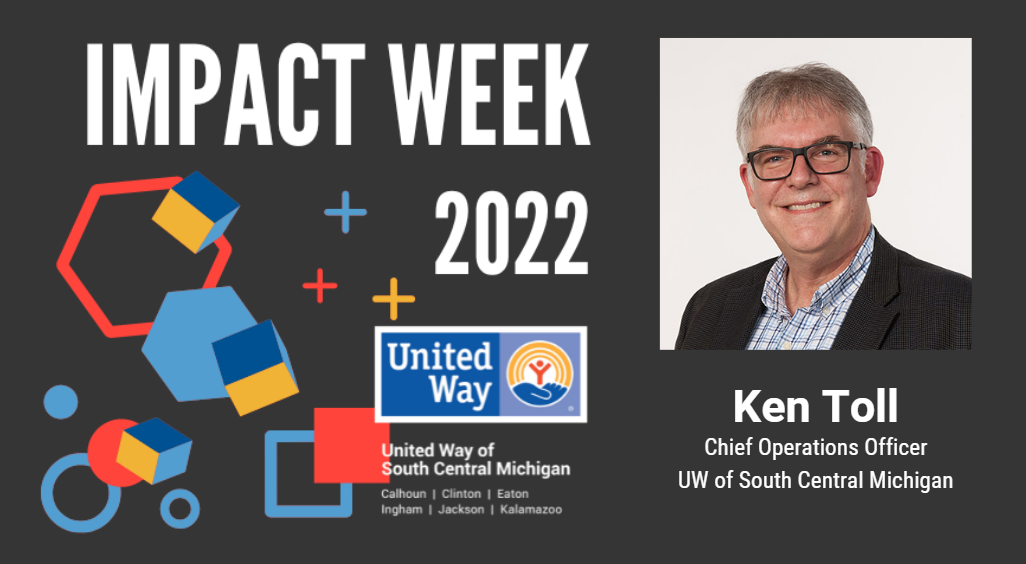
By Ken Toll
Maya Angelou once penned an essay titled I’ve Learned. She offered great nuggets of wisdom, including this one: “I’ve learned that I still have a lot to learn.”
After many years leading a legacy United Way and working with communities, I echo Angelou’s insight. I’ve learned a lot—and I have a lot to learn.
One of the biggest lessons revolves around ALICE, which stands for Asset Limited, Income Constrained, Employed. ALICE represents hard-working individuals and families who live about the Federal Poverty Level but struggle to make ends meet.
Nearly all of the people we serve through United Way live below the ALICE Threshold, the income level they need to reach to be financially stable. So it’s important that you and I understand the challenges they face.
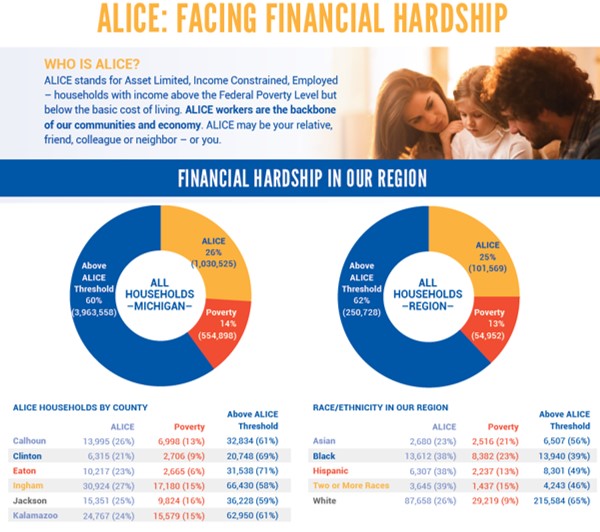
One way I’ve learned about ALICE is through data. Every couple of years since 2014, Michigan’s United Ways and researchers at United For ALICE (with funding from Consumers Energy Foundation) issue a report on financial hardship. In UWSCMI’s six-county region, 38% of households—that’s 156,521 households—are below the ALICE Threshold. That hardship falls disproportionately on many people based on race, age and wealth inequality.
Numbers can educate us, of course. But we learn far more when we understand ALICE as people.
ALICE is the clerk at my favorite store. The server at my go-to restaurant. The administrative assistant at the office building down the street.
ALICE is a child in a financially troubled home. A person with a disability who is under-employed. A veteran who can’t get the post-secondary education they need.
ALICE families work hard to pay their bills, often by cutting back on essentials like food or medicine. Yet ALICE can’t save money, or generate assets, or build a retirement fund. Just one unexpected cost, like a broken water heater or a car repair, can push ALICE into poverty.
And I keep learning more. I’m learning that building a financially stable community for everyone is incredibly complicated. It’s not just about income. It’s about generational poverty. It’s about racial inequity. It’s about access to critical needs like child care and health care and transportation. It’s about success in school, and financial literacy, and supportive government policies. And yes, it’s also about income. (Case in point: I spent most of my life in an ALICE household; I and my family were privileged and lucky enough to rise above the threshold only after I reached a certain income level years into my career. We didn’t face the other challenges that countless ALICE families deal with all their lives.)
One of the toughest lessons I’ve learned is that not everyone understands that complexity. Not everyone realizes that poverty, as horrible as it is, tells only part of the story of financially unstable families.
UWSCMI is out to change that.
During Impact Week, we’ll share some of the ways we’re partnering locally to tackle the needs of ALICE. Our hope is that everyone will come to understand the many needs and challenges ALICE faces—and come together as strong, caring communities where every person is valued, thriving and connected for the common good.
In her essay, Angelou offered another learning: “I’ve learned that you shouldn’t go through life with a catcher’s mitt in both hands. You need to be able to throw something back.”
As we learn more about ALICE, we’ll all be equipped to make a difference. ALICE is the people we count on, and when ALICE succeeds, we all succeed.
Let’s start learning.
Ken Toll is Chief Operations Officer for UWSCMI and the former CEO of United Way of Jackson County.
Follow along with us the rest of the week as we share examples of how ALICE data drives our investments, partnerships and programs in and around Battle Creek, the Capital Area, Jackson and Kalamazoo. We’ll be posting on our News & Updates page as well as all our social media channels @unitedforscmi.

